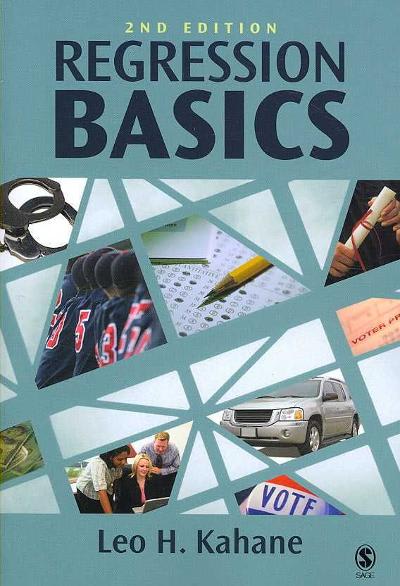Question
Imagine that you are a counsellor who has just started working with a child who reports that he is being bullied. Because you do not
Imagine that you are a counsellor who has just started working with a child who reports that he is being bullied. Because you do not have much experience with this issue you conducted a search and found a number of articles to help expand your knowledge. An extract from one of these articles is included below. Read the extract and then answer the question below.
"There are a range of counselling skills and strategies which can enhance a victim of bullying's ability to stop or cope with the cycle of bullying. They include teaching a child how to build a healthy self-esteem, teaching a victim who generally has a passive communication style how to become more assertive and stand up for their own rights without violating others. The use of I statements can be positive and powerful. Teaching a child to be able to say "I don't like it when..." can be useful.
Conflict resolution skills are one of the more effective counselling techniques and interventions a counsellor can apply in an effort to reduce victimisation. Conflict resolution aims to create a win-win situation for everyone involved. By shifting attention away from those involved and onto the problem, creative problem solving can happen (Morrison, 2002). Teaching a child early on the skills of conflict resolution will empower, prepare and support students to deal successfully with conflict situations at school, at home and in later life. The range of conflict resolution skills also includes effective listening, negotiation skills, assertiveness skills training, problem solving and reflecting skills. Conflict resolution skills are adaptable as they can be taught on an individual or group basis. More effectively they can be introduced, developed and reinforced as ongoing components of the all-curriculum areas (Morrison, 2002).
Check the level of a child's self-esteem by asking them questions about "how they see themselves", what's good and not so good about themselves?" It is important that children have a positive self-concept and self-worth in order to confidently apply conflict resolution skills. Confidence building strategies may, therefore, form part of the intervention package for developing conflict resolution skills in children.
Encourage children to speak about their feelings openly and not to withdraw or retreat as this may exacerbate feelings of sadness and isolation.
It is important that to assist a child's understanding by utilising other therapy techniques such as play therapy, sand tray, role play and drawing to facilitate self-expression.
Involving parents in the counselling intervention: Parents are usually the first people to notice the negative and dysfunctional changes in their children as a response that their child is being bullied. As such, counsellors need to be aware that they will be not only working with the child victim or bully but their concerned parents. So, a counsellor will need to be able to impart skills training and knowledge to both child and parent/s. Parents cannot 'bully-proof' a child. However, the risk of their child being bullied can be reduced by parents who are responsive to a child's needs, employ an authoritative (not authoritarian) style of parenting, have open communication, are involved in the child's education and life and encourage and teach their child to develop into a friendly and cooperative individual. If bullying occurs it is best tackled collaboratively by parents, counsellors and teachers working together." (Clover, 1998).
List four counselling strategies that you could use with your child client
Step by Step Solution
There are 3 Steps involved in it
Step: 1

Get Instant Access to Expert-Tailored Solutions
See step-by-step solutions with expert insights and AI powered tools for academic success
Step: 2

Step: 3

Ace Your Homework with AI
Get the answers you need in no time with our AI-driven, step-by-step assistance
Get Started


